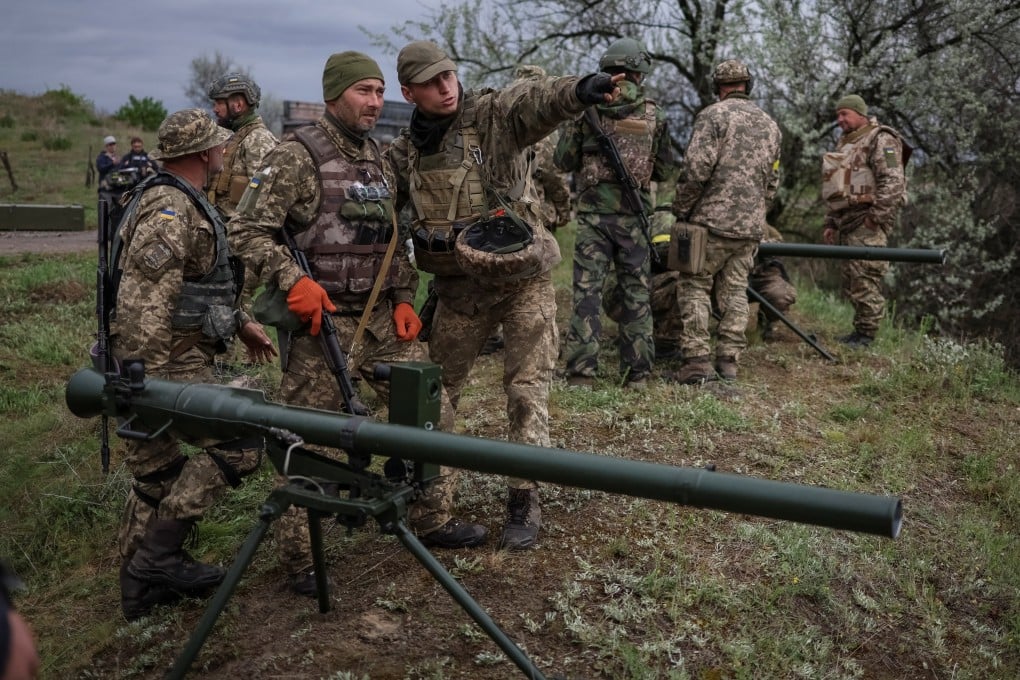Frontline shift as Ukraine mounts a counteroffensive in Donbas, Russia suffers attrition
- Russia’s forces continued to suffer ‘consistently high levels of attrition’ while failing to achieve any substantial territory, Britain’s Defence Ministry said
- Moscow’s campaign, launched with the goal of seizing Kyiv and toppling the Ukrainian government, had slowed to a snail’s pace, military officials said

The frontline in Ukraine war shifted on Sunday as Russia made some advances in the fiercely contested eastern Donbas region and the Ukrainian military waged a counteroffensive near the strategic Russian-held city of Izium.
In the west of Ukraine near the Polish border, missiles destroyed military infrastructure overnight and were fired at the Lviv region from the Black Sea, Ukrainian officials said.
Ukrainian forces have notched up a string of successes since Russia invaded on February 24, forcing Russia’s commanders to abandon an advance on Kyiv and then making rapid gains in the northeast to drive them out of the second-biggest city Kharkiv.
The largely Russian-speaking city with a pre-war population of 1.4 million is only 80 kilometres (50 miles) southwest of the Russian city of Belgorod, and was a key military objective earlier in the war, when Moscow hoped to capture and hold major cities.
Since mid-April, Russian forces have focused much of their firepower on Donbas after failing to take the capital.